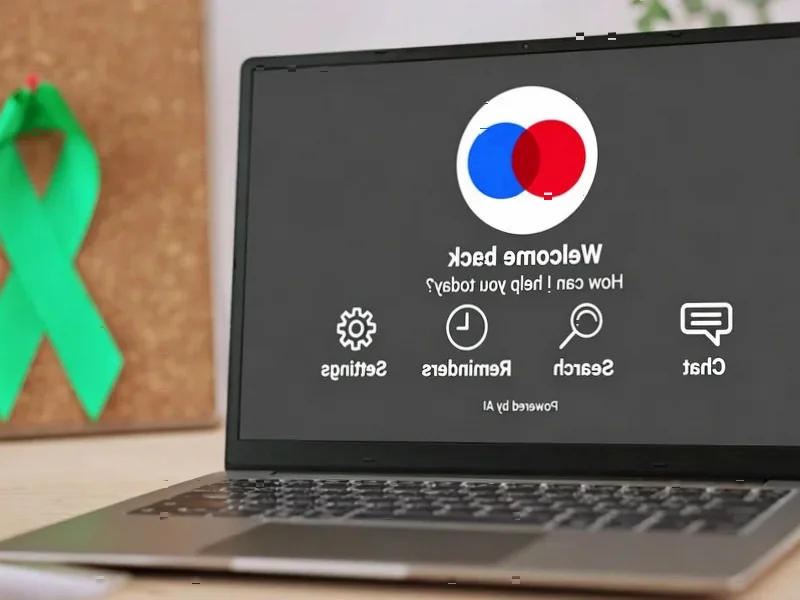According to Wccftech, Apple has reportedly conceded defeat in its in-house Siri revamp strategy and is now paying Google to design a custom Gemini-based Large Language Model to power the new Siri in the cloud. The report, citing Bloomberg’s Mark Gurman, indicates Apple is abandoning its efforts to create an in-house AI model for Siri’s upcoming features under the Apple Intelligence banner. The new architecture will use Apple’s Private Cloud Compute framework, where simple tasks remain on-device while complex queries are offloaded to Apple’s private cloud servers using encrypted data. Apple has been working to introduce key Apple Intelligence features with its Spring 2026 iOS update, specifically iOS 26.4, suggesting this strategic shift comes after significant internal struggles with Siri’s performance across apps and critical scenarios like banking. This unexpected partnership reveals deeper challenges in Apple’s AI strategy.
The Technical Architecture Behind Apple’s Compromise
What makes this partnership particularly interesting is the specific technical architecture Apple is implementing. The Private Cloud Compute framework represents a sophisticated hybrid approach where Apple maintains control over the infrastructure while outsourcing the core AI intelligence. This isn’t simply plugging into Google’s existing Gemini API – it’s a custom model specifically designed for Apple’s privacy-preserving architecture. The technical challenge here involves creating a model that can operate within Apple’s encrypted, stateless data environment while still delivering the sophisticated reasoning capabilities that Apple’s own models apparently lack. This suggests Apple’s technical team hit fundamental limitations in scaling their AI models to handle the complex, multi-step reasoning required for advanced assistant functionality.
The Strategic Implications of Apple’s AI Dependence
This move represents a significant strategic concession for Apple, a company that has historically prided itself on vertical integration and controlling its core technologies. While Apple will still market Siri as a core Apple technology using Apple’s backend servers and interface, the reality is that they’re now dependent on Google for the most sophisticated AI capabilities. This creates a fascinating competitive dynamic where Apple’s flagship AI feature will be powered by its primary search competitor. The financial arrangement – Apple reportedly paying Google rather than a revenue-sharing model – suggests Apple recognizes this as a necessary cost rather than a partnership of equals. This dependency could have long-term implications for Apple’s ability to differentiate its AI offerings and could create strategic vulnerabilities if the relationship sours or if Google decides to prioritize its own AI products.
Why the 2026 Timeline Reveals Development Challenges
The Spring 2026 target for these features, specifically mentioned as part of iOS 26.4, indicates that Apple’s internal AI development has faced more significant challenges than previously understood. Given that Apple Intelligence was announced with much fanfare, a two-year timeline for full implementation suggests the company encountered fundamental technical hurdles that couldn’t be resolved internally. The specific mention of banking scenarios as a pain point reveals that Apple’s models likely struggled with the accuracy and reliability requirements of high-stakes applications. This extended timeline also means Apple will be playing catch-up in an AI market that’s evolving at breakneck speed, potentially putting them years behind competitors who have already deployed sophisticated cloud-based AI assistants.
The Privacy Tradeoffs in Apple’s New Approach
While Apple emphasizes that data sent to its private cloud servers will be encrypted and stateless, this new architecture represents a subtle but important shift in Apple’s privacy stance. The company has traditionally championed on-device processing as the gold standard for privacy, but complex AI tasks requiring Google’s Gemini model will necessarily involve some data leaving the device. Although Apple maintains this happens through their Private Cloud Compute framework with strong privacy protections, it’s still a departure from their previous all-on-device philosophy for core intelligence features. This suggests that the computational demands of modern AI simply can’t be fully met by on-device processing alone, forcing even privacy-focused companies like Apple to make compromises.
How This Reshapes the AI Competitive Landscape
This development fundamentally reshapes the competitive dynamics in the AI assistant space. Rather than a three-way race between Apple, Google, and OpenAI, we’re now seeing unexpected collaborations that blur competitive lines. Apple using Google’s technology while also integrating ChatGPT creates a complex ecosystem where former competitors become necessary partners. This could signal a broader industry trend where even the largest tech companies recognize that no single player can dominate all aspects of AI development. However, it also raises questions about whether Apple has permanently ceded the AI innovation race to companies that invested earlier and more aggressively in foundational model development.



